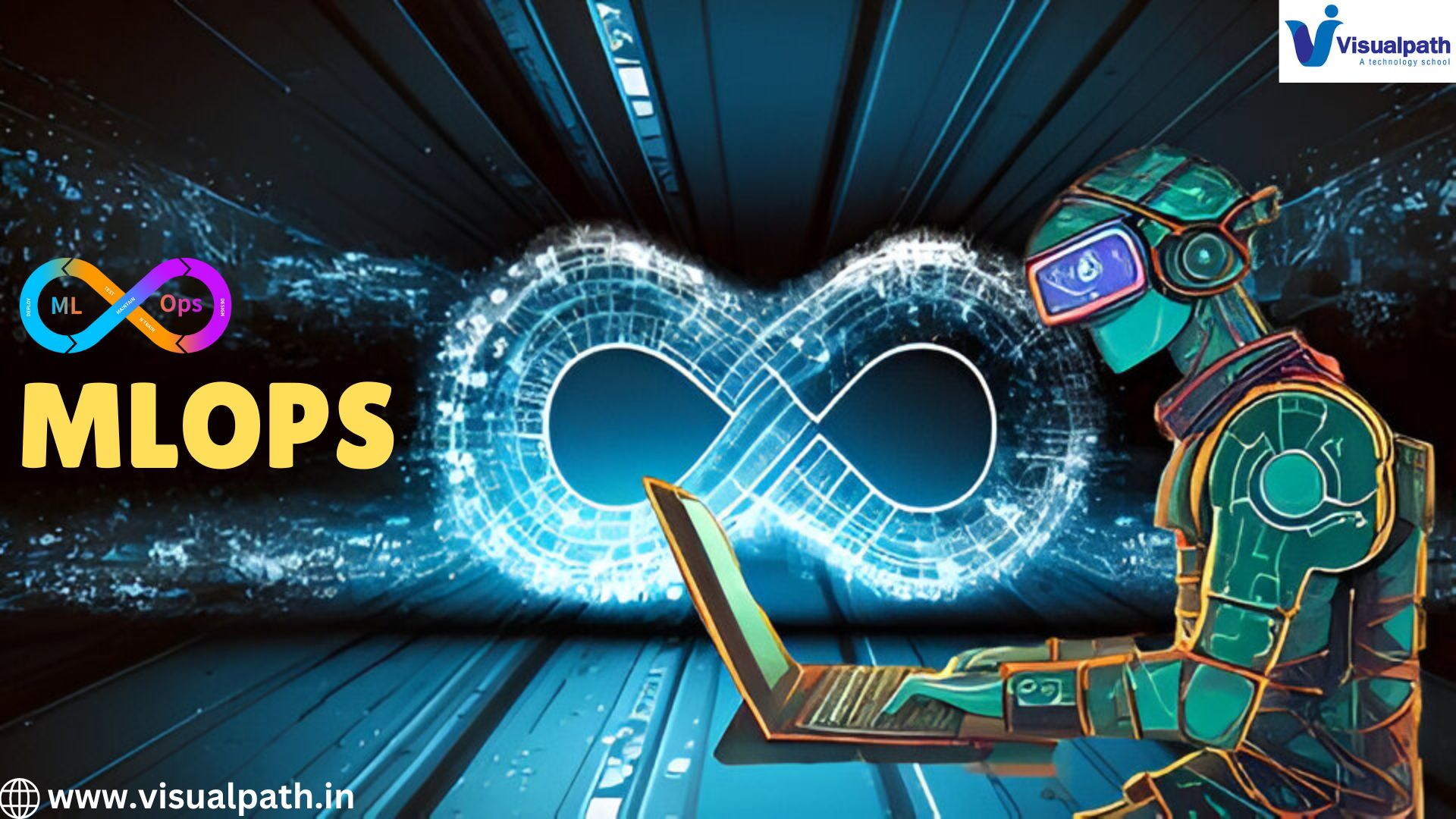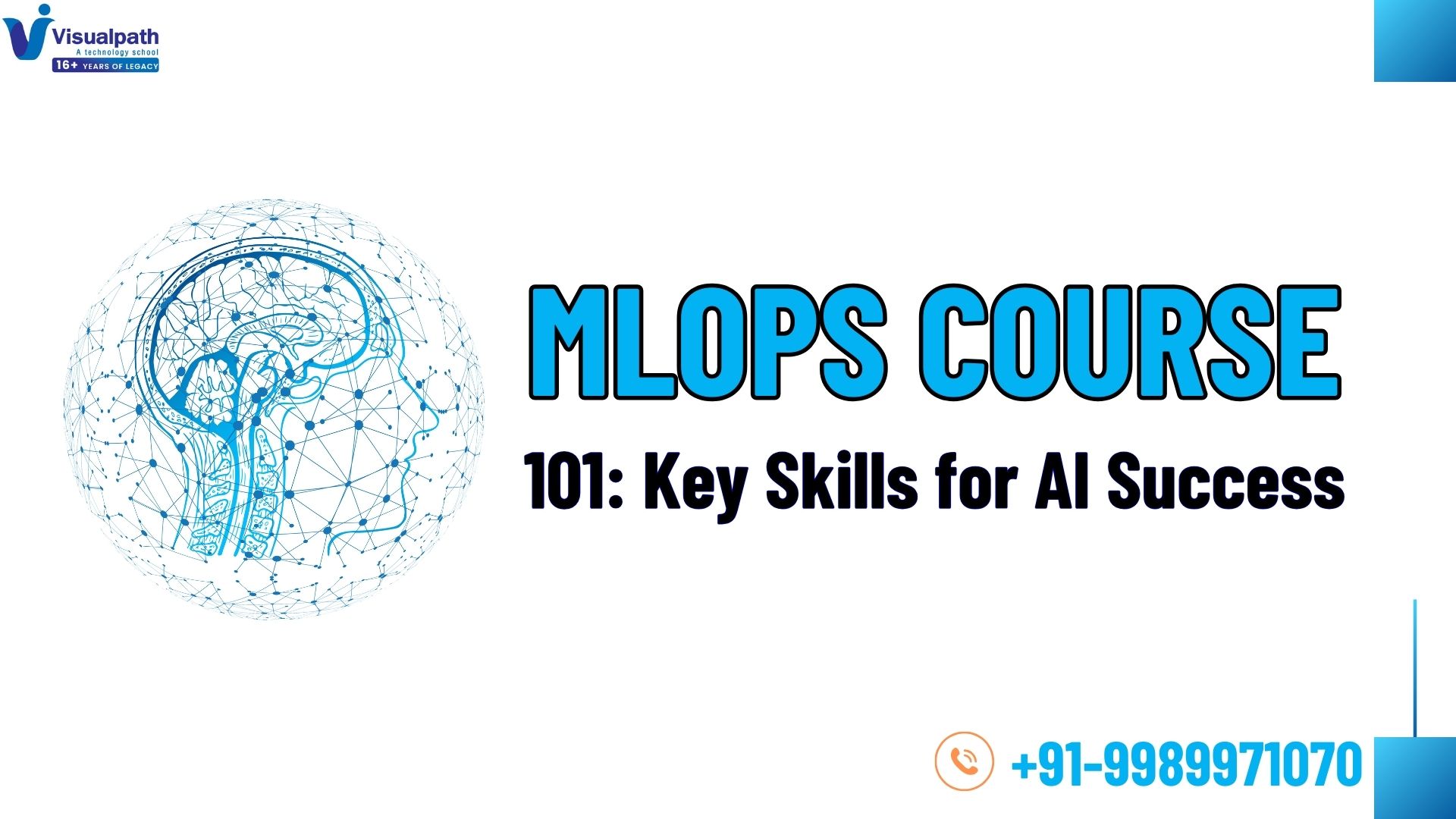In the rapidly evolving landscape of artificial intelligence (AI) and machine learning (ML), the need for robust and scalable operational practices has never been more critical. Machine Learning Operations, or MLOps, has emerged as a fundamental discipline, bridging the gap between data science and IT operations to ensure the seamless deployment, monitoring, and management of ML models in production environments. This article delves into the key principles of MLOps, highlighting its importance and the best practices for implementing effective MLOps frameworks.
1. Collaboration and Communication
Interdisciplinary Collaboration: Successful MLOps requires the harmonious collaboration between data scientists, ML engineers, software developers, and IT operations teams. This interdisciplinary cooperation ensures that models are not only well-designed but also robustly integrated into production systems.
Open Lines of Communication: It’s critical to create open lines of communication. Regular meetings, shared documentation, and collaborative platforms facilitate the seamless exchange of ideas and updates, reducing misunderstandings and ensuring that all team members are aligned with project goals.
2. Continuous Integration and Continuous Deployment (CI/CD)
Automated Pipelines: MLOps leverages automated CI/CD pipelines to streamline the process of deploying ML models. These pipelines enable continuous integration of new code changes and automated deployment of models into production, significantly reducing manual intervention and the risk of errors.
Version Control: Implementing version control for both code and data ensures that all changes are tracked and documented. This practice enables teams to revert to previous versions if necessary and maintains a history of model iterations and data transformations. MLOps Online Training
3. Reproducibility
Consistent Environments: Ensuring reproducibility involves creating consistent development and production environments. Tools like Docker and Kubernetes help in containerizing applications, ensuring that models run consistently across different environments without dependency issues.
Documentation and Logging: Comprehensive documentation and logging practices are essential. Detailed records of experiments, including datasets, model parameters, and evaluation metrics, enable teams to reproduce results and understand the factors influencing model performance.
4. Scalability and Flexibility
Scalable Infrastructure: MLOps frameworks should be designed to scale with increasing data volumes and model complexities. Cloud platforms like AWS, Google Cloud, and Azure offer scalable infrastructure that can accommodate the growing demands of ML workloads. MLOps Training in Ameerpet
Flexible Architecture: Adopting a microservices architecture enhances flexibility. By breaking down the ML pipeline into modular components, teams can independently develop, deploy, and scale different parts of the system, facilitating easier maintenance and upgrades.
5. Monitoring and Observability
Real-time Monitoring: Continuous monitoring of ML models in production is crucial to ensure they perform as expected. Real-time monitoring tools help detect anomalies, data drift, and performance degradation, allowing for prompt corrective actions.
Comprehensive Metrics: Implementing comprehensive monitoring metrics, including model accuracy, latency, and resource utilization, provides insights into the operational health of ML systems. These metrics help in diagnosing issues and optimizing performance.
6. Security and Compliance
Data security: It’s critical to safeguard private information utilized in machine learning models.Implementing robust security measures, including encryption, access controls, and regular audits, ensures data integrity and compliance with regulatory standards. MLOps Training in Hyderabad
Model Security: Ensuring the security of ML models involves protecting them from adversarial attacks and unauthorized access. Techniques like adversarial training and model watermarking can enhance the security of deployed models.
7. Automation
Automated Testing: Automated testing frameworks validate the correctness of ML models and their integration into production systems. Unit tests, integration tests, and performance tests should be automated to ensure reliability and reduce manual effort.
Hyperparameter Tuning: Automating hyperparameter tuning processes using tools like Google Vizier or Optuna can optimize model performance efficiently. Automated tuning saves time and leverages computational power to explore a vast parameter space.
8. Governance and Compliance
Model Governance: Establishing governance frameworks ensures that ML models adhere to organizational policies and regulatory requirements. Model governance includes processes for model validation, approval, and audit trails.
Ethical Considerations: Incorporating ethical considerations into the MLOps framework is essential. Ensuring fairness, transparency, and accountability in ML models helps in building trust and avoiding biases that could lead to adverse societal impacts. MLOps Course in Hyderabad
9. Feedback Loops and Continuous Improvement
User Feedback: Incorporating feedback from end-users and stakeholders into the development process helps in refining models and improving their relevance and performance in real-world scenarios.
Iterative Improvement: MLOps is inherently iterative. Continuous learning from production data and feedback allows for ongoing model refinement and improvement, ensuring that models remain accurate and effective over time.
Conclusion
MLOps represents a paradigm shift in how ML models are developed, deployed, and maintained. By emphasizing collaboration, automation, reproducibility, scalability, monitoring, security, governance, and continuous improvement, MLOps frameworks ensure that ML models can be reliably and efficiently integrated into production environments. Adopting these principles not only enhances the operational efficiency of ML systems but also drives innovation and business value by enabling organizations to leverage AI capabilities more effectively. MLOps Training Course in Hyderabad
As the field of AI continues to evolve, the importance of robust MLOps practices will only grow, making it essential for organizations to invest in and embrace these principles to stay competitive and deliver impactful ML solutions.
The Best Software Online Training Institute in Ameerpet, Hyderabad. Avail complete Machine Learning Operations Training by simply enrolling in our institute, Hyderabad. You will get the best course at an affordable cost.
Attend Free Demo
Call on – +91-9989971070
WhatsApp: https://www.whatsapp.com/catalog/919989971070/
Visit: https://www.visualpath.in/mlops-online-training-course.html




